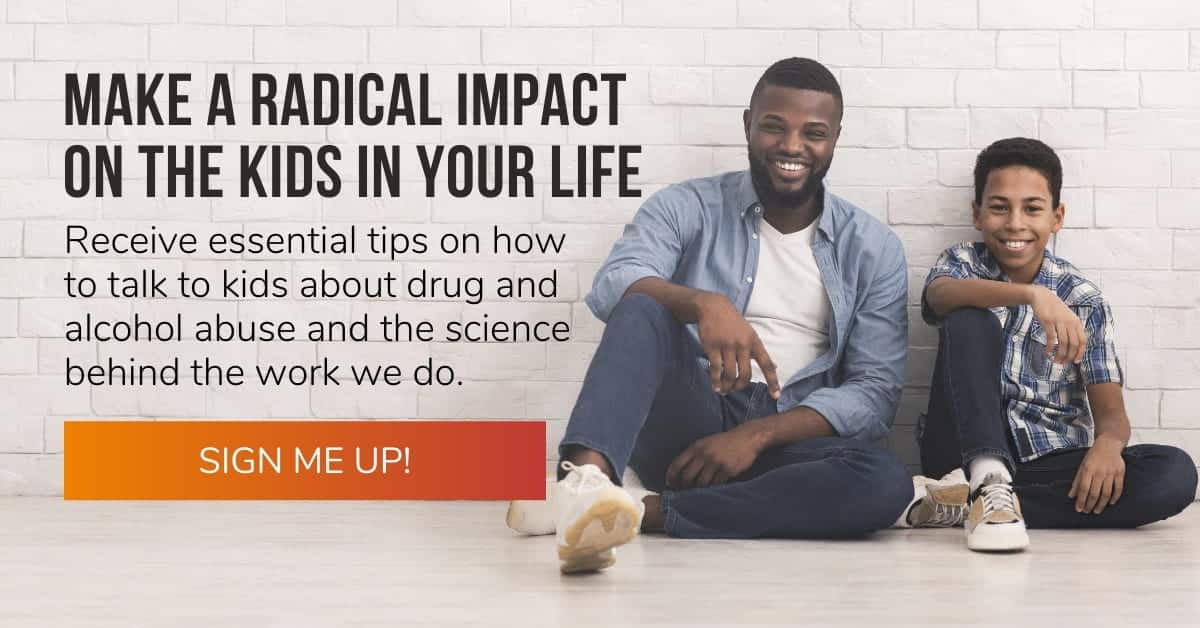Most of us are given roles to play in life from the families we grow up in. Whether our parents explicitly state their expectations of us or they’re just implied, we all get a sense of who we’re supposed to be and who we’re not supposed to be. That’s actually quite helpful, and healthy, as far as human development goes.
The problem is, when kids become teenagers or adolescents, they no longer want to accept what others say or think — they want to explore life on their own. This is also really healthy, it’s just…problematic. And irritating!
Identity Development in Adolescence
Teenagers want to make their own choices, and they experiment with different identities and personas, searching for what most resonates with them.
The process of developing a sense of identity during adolescence can be overwhelming. As teenagers search for themselves, they’re also on a quest to find friends so they can feel acceptance. That’s where it gets a bit risky.
As teens are prone to risky behaviors (huge thirst for dopamine plus a desire for acceptance plus a naive sense of invincibility), substance use can be easy to turn to.
Related: How to Talk to Kids About Drugs & Alcohol
Here’s what adults can do for adolescents to assist them in their identity development:
- Allow them to search: adults who want to support kids discover their own identity will be supportive as they experiment with different interests, fashion choices, music they’re into, etc.
- Be an accurate mirror: say things like, “You seem to really enjoy doing ____ these days.” And then, let the kid respond.
- Affirm them constantly: kids who are in exploration mode are vulnerable. They need affirmation from adults constantly — and no, compliments and affirmation will not turn them into self-centered narcissists.
- Be there no matter what: whenever they make mistakes, be consistently present and available to them. This helps them voyage off into their own lives with security and confidence since they know they have people in their corner no matter what.
As parents and educators, the most helpful thing we can offer is affirmation and support as kids go through this discovery and identity development process. We can be accurate mirrors to help them see themselves clearly. We can invite them to reflect on their choices and persona to help them learn more effectively about themselves. We can offer compassion and grace when they get off track and be patient as they try to figure things out for themselves.
More than anything, we can continue to accept them for who they are, even if who they are is different than what we want for them or see in them. We can give them an experience of belonging through a relationship with us, which is incredibly valuable as they make their way in the world.
Related: Helping Kids Build Positive Coping Skills in Challenging Times


